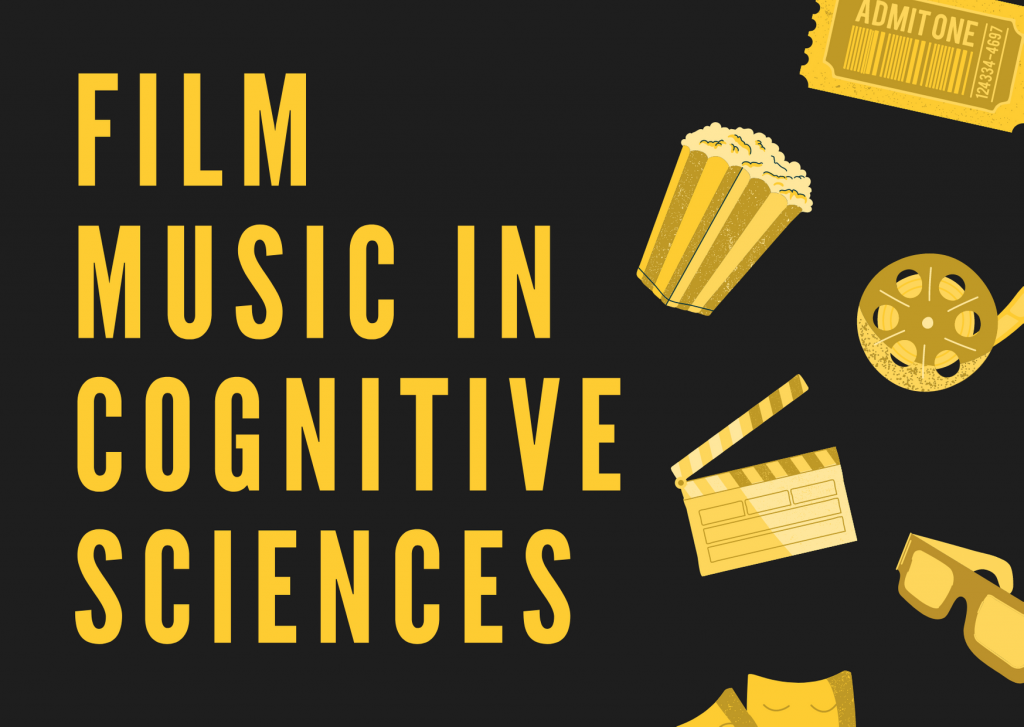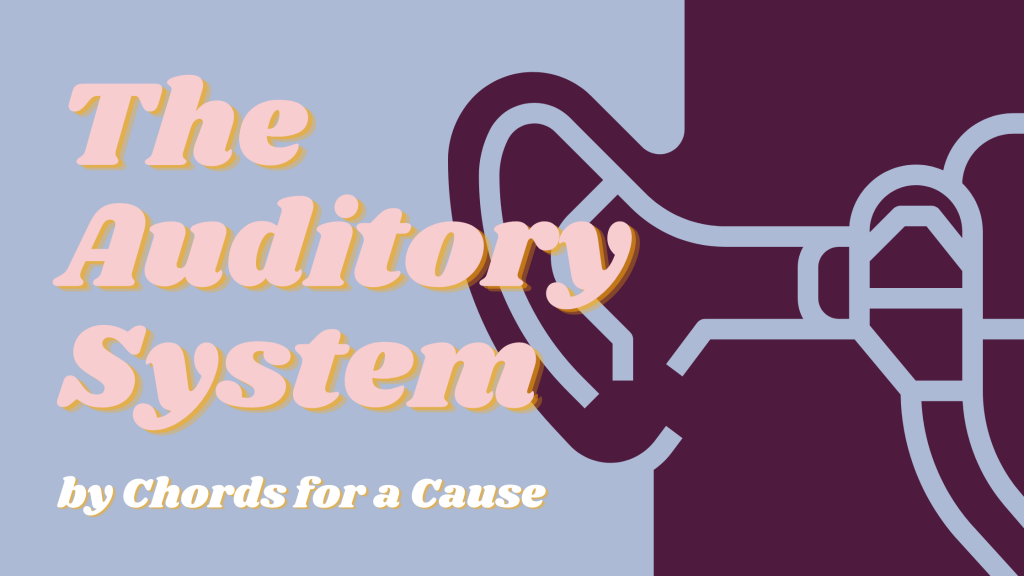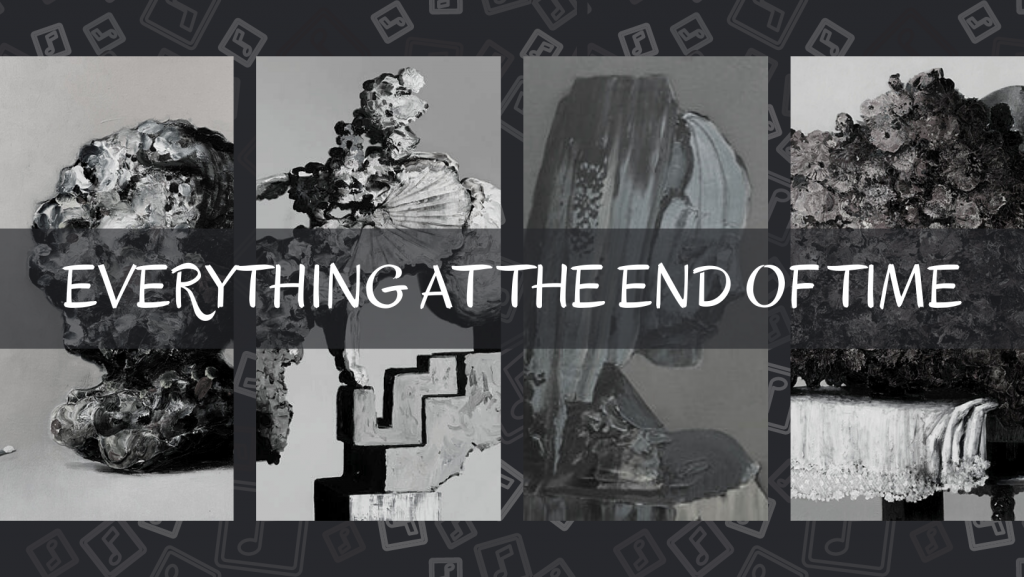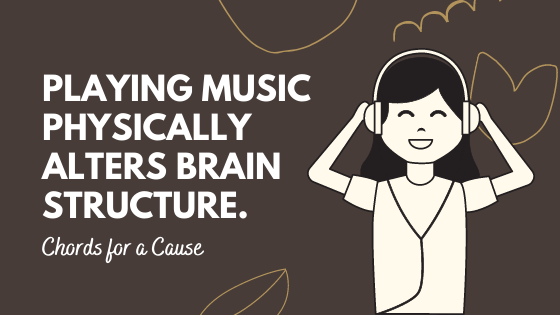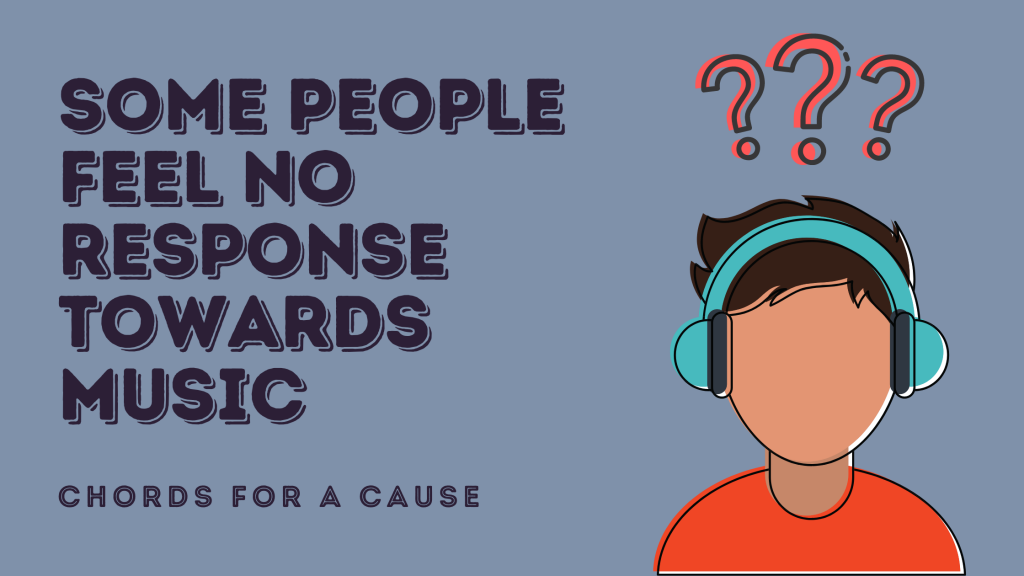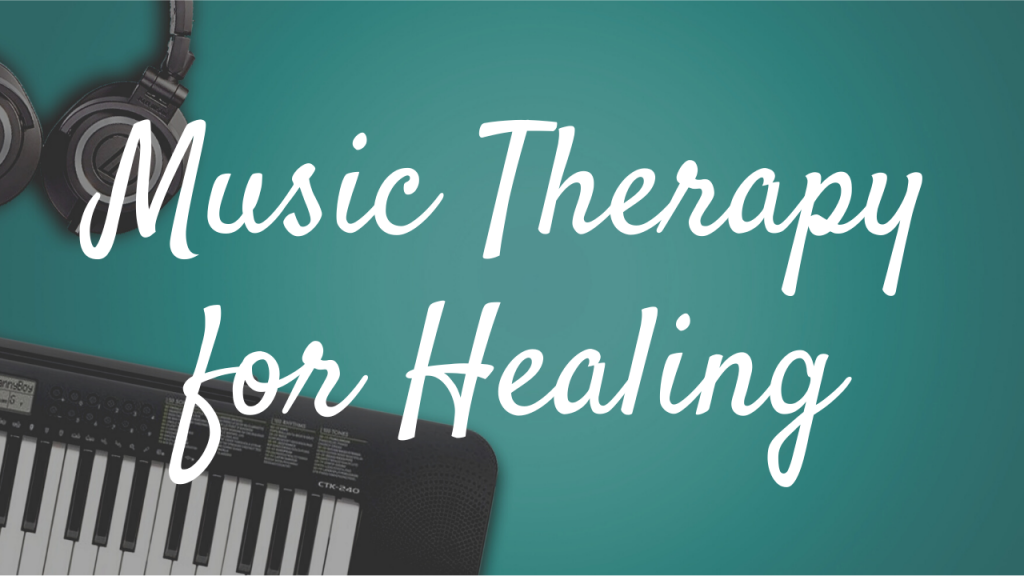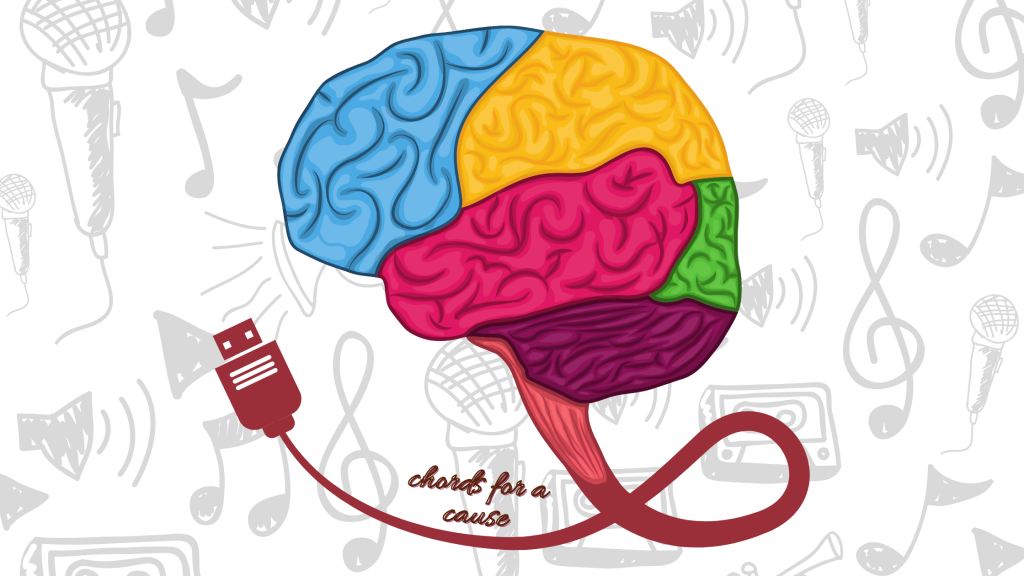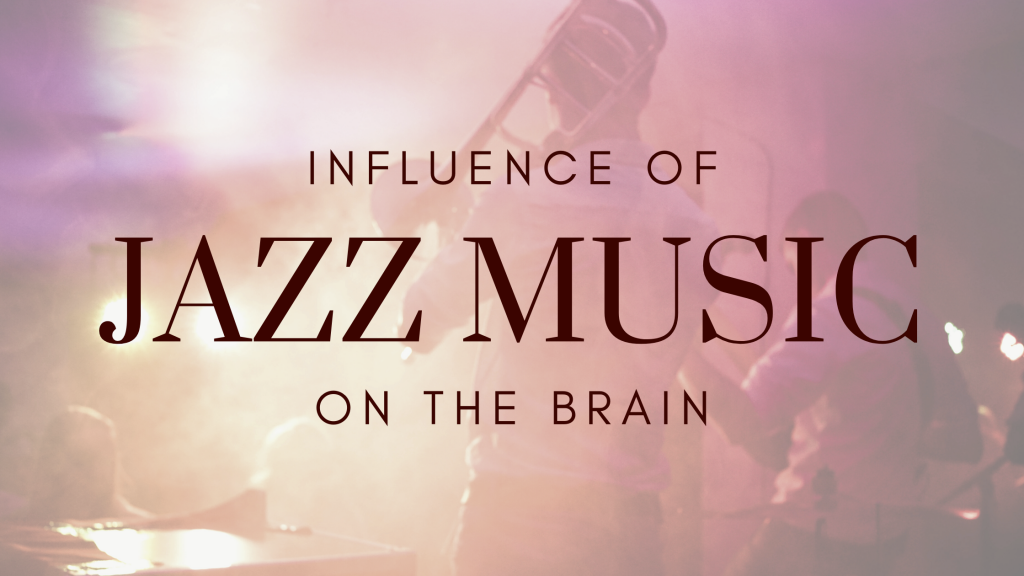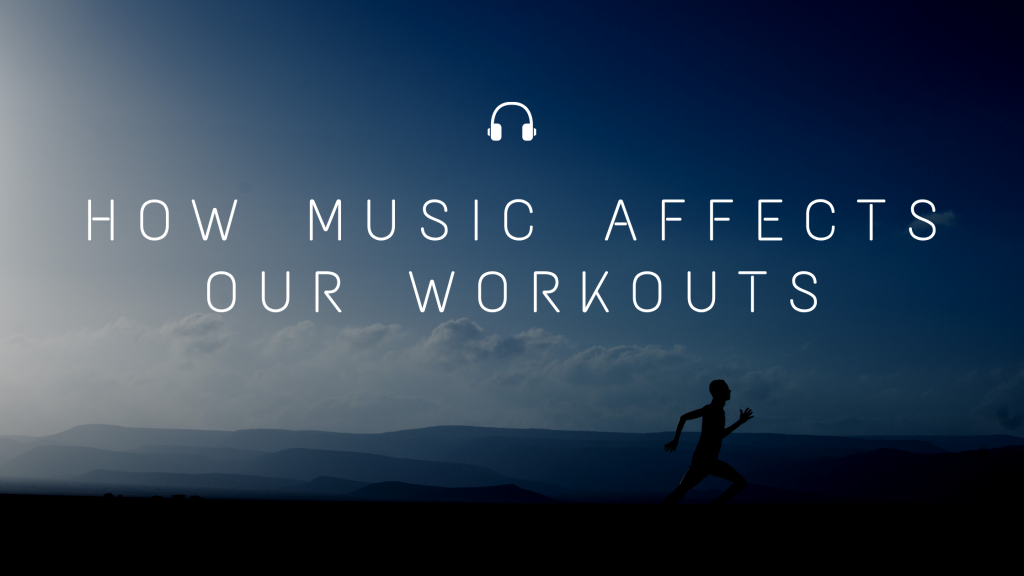Film Music in Cognitive Sciences
Film music is such an essential part of films because of the ways it affects our viewing experience, and it is usually considered similar, but distinct from dialogue, sound effect, etc. Film scholars use the term “diegetic music” to describe music that the characters can actually hear in the fictional world in a movie/tv show.…
Read more


